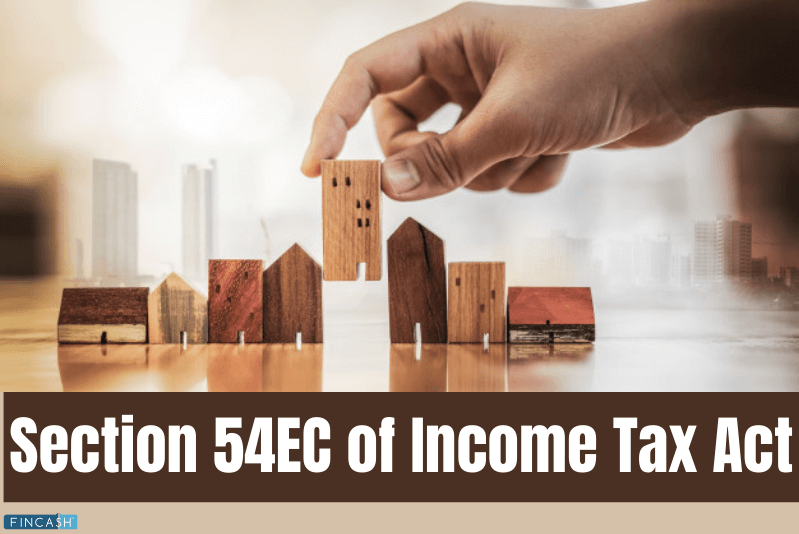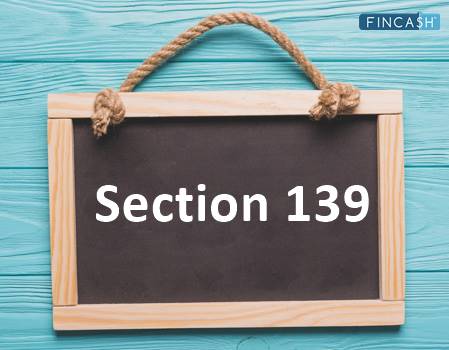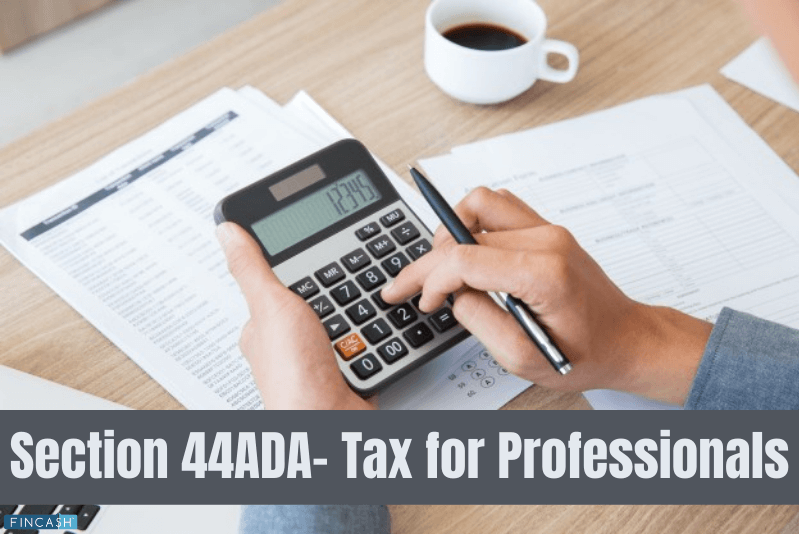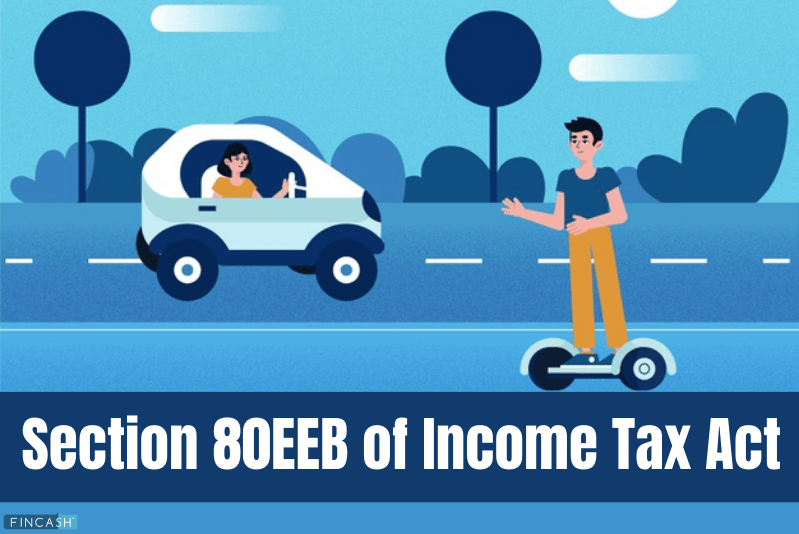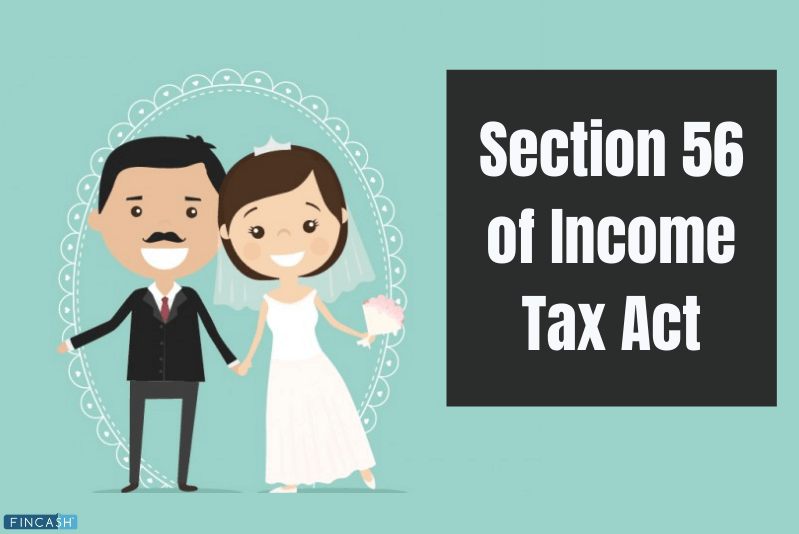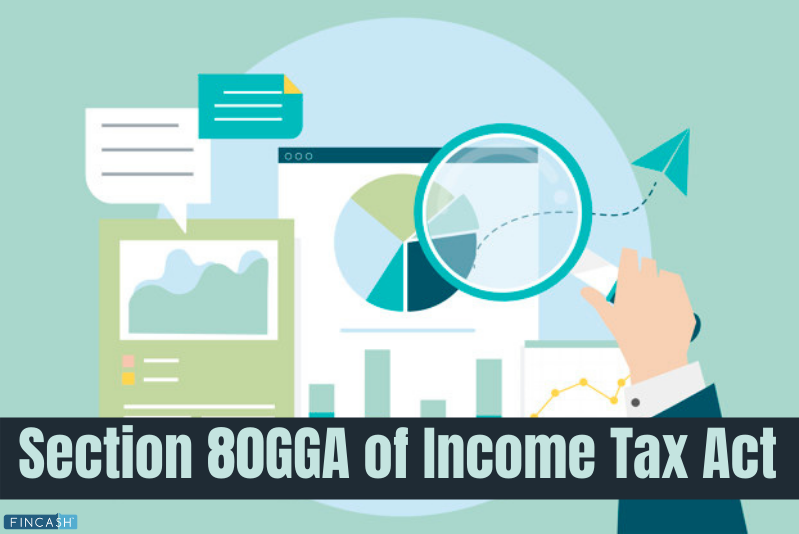
Table of Contents
Everything About Section 80EE of IT Act
It has been a while Jyoti is planning to buy a dream home. Being a single parent, her hands are full of responsibilities, but her sheer dedication to buying a home is something to appreciate.
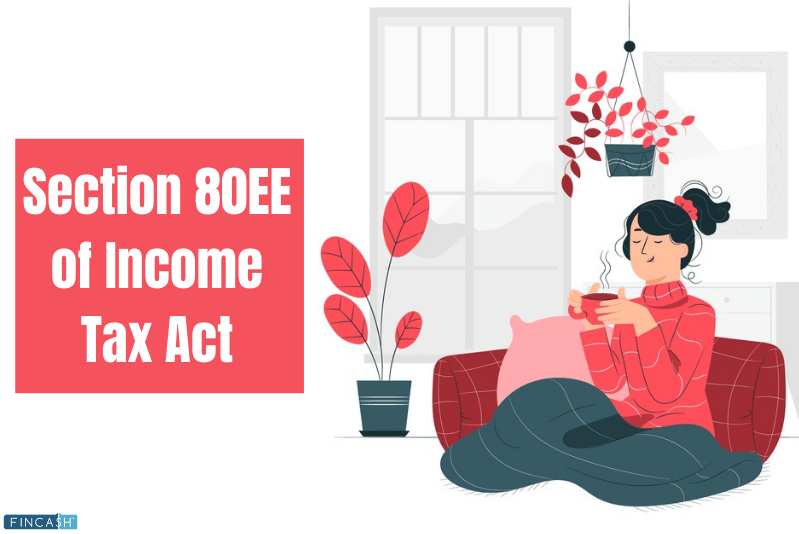
Jyoti got a few ways to fund her new purchase, out of which ‘Home Loan’ is the main source. However, the interest rate bothered her a little. Divya, her colleague, showed her ways to claim deductions on the interest amount paid on a home loan. This is when Jyoti comes across the provision made by the IT Department of India under Section 80EE.
Finally, Jyoti made peace with a home loan Offering from a leading Indian Bank.
What is Section 80EE?
Section 80EE of the income tax Act allows deductions for the interest paid on a home loan up to a maximum of Rs. 50,000 every financial year. The key benefit of this provision is that the home loan borrower can continue to claim this Deduction until the loan is paid off in the repayment tenure. This provision was introduced by the Government of India in the Income Tax Act during the financial year 2013-14.
During its inception, it was decided that this provision would be made available for a maximum of two years, that is, for 2013-14 and 2014-15. It was reintroduced from the financial year 2016-17.
Note that the home loan tax benefit offered under this Section is not related to the Rs. 20 lakh offered under Section 24 of the Income Tax Act.
Features of Section 80EE
1. Eligibility Criteria
The benefit of this section is available to individuals only. It is not applicable to HUF, AOP, firms or any other taxpayers. Both Indian and non-Indian residents can claim the income tax deduction under Section 80EE.
2. Deduction Amount
The maximum deduction amount to be availed is Rs. 50,000.
3. Ownership
This is one of the most important points to remember about Section 80EE. In order to claim the benefit of the deduction, you cannot be an owner of any other residential property on the date of the sanction of a loan.
However, you can claim this deduction even if you have rented the property out to someone else or have self-occupied once the home loan is sanctioned.
Talk to our investment specialist
4. Per Person Basis
The deduction under this section is claimed on per person Basis and not per property basis.
Conditions to Claim Deduction Under Section 80EE
You should be able to meet the following conditions if you wish to claim the benefit:
1. First House Only
The tax deduction can only be on the first house purchased by the taxpayer.
2. Market House Value
You can claim this deduction only when the value of your first house does not exceed Rs. 50 lakhs.
3. Home Loan Amount
The deduction amount under Section 80EE can be claimed only if the home loan amount does not exceed Rs. 3,500,000.
4. Recognition
The home loan should be sanctioned by a recognised financial institution such as a bank, housing finance company or a non-banking finance company.
5. Component of Home Loan
Note that you can claim deduction only on the interest component of the home loan.
6. Ownership
When claiming deduction on the home loan, you should not be already owning the house.
7. Residential Properties
The deduction can be claimed only for residential properties and not commercial ones.
Section 80EE and Section 24
Do not confuse Section 80EE with Section 24 of the Income Tax Act, 1961. The Sec 24 allows a limit of deduction up to Rs. 2 lakhs. The deduction under this section can be claimed if the owner of the member resides in the house property. The entire interest will be waived off as a deduction in case the house is on rent.
The good news is that if you are able to meet the conditions under Section 80EE and Section 24, you can avail the benefit from both. In order to avail this benefit, you will have to first complete the limit prescribed under Section 24 and then claim additional benefit under Section 80EE.
Conclusion
Jyoti can now own her first house with the given conditions. You can own your first house with the benefits prescribed under Section 80EE too.
All efforts have been made to ensure the information provided here is accurate. However, no guarantees are made regarding correctness of data. Please verify with scheme information document before making any investment.
